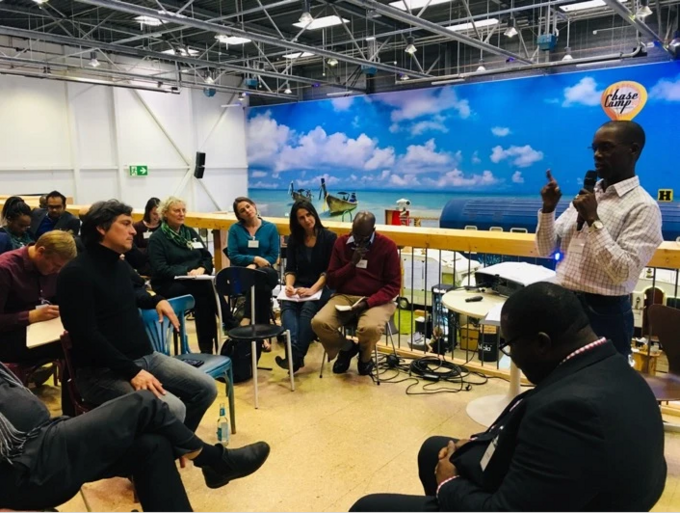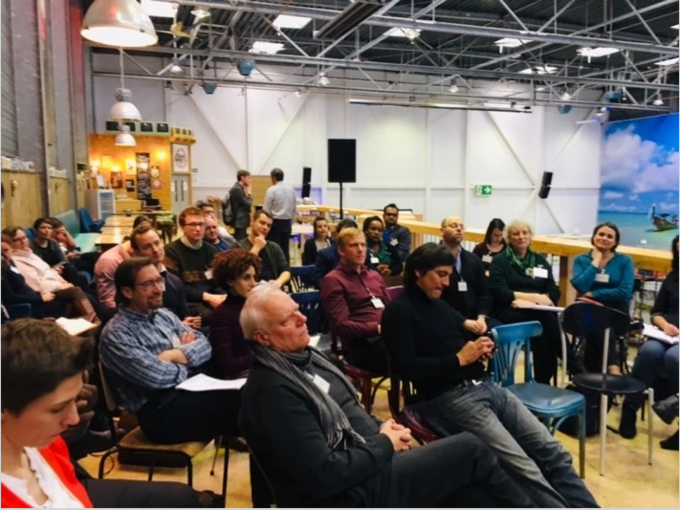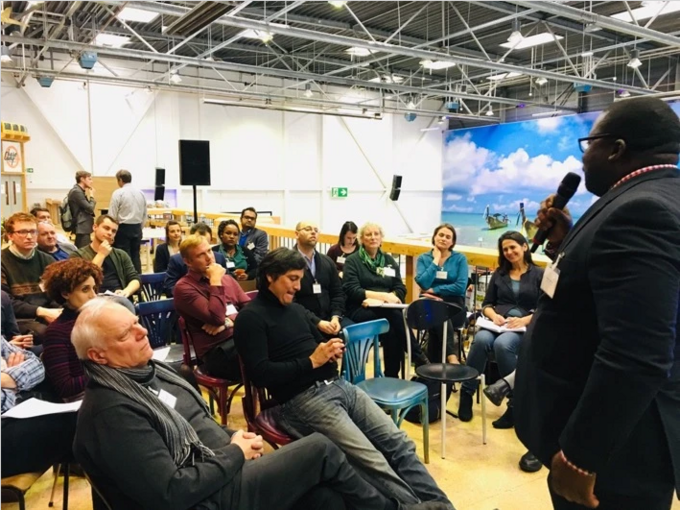30. January 2019
Bonn Event: A multi-stakeholder learning exchange on measurement and strategies for action
30th January - 1st February 2019
Following tremendous momentum to address poverty in smallholder farming communities, this workshop built on previous events and stimulated dialogue, collaboration and action towards addressing global poverty challenges through the concept of Living Income. The event had 3 main goals:1) promote alignment on best practices of measuring living income benchmarks, actual incomes and the gap between them; 2) exchange learning on strategy effectiveness to close income gaps; and 3) support exchange between sectors working on farmer income.



